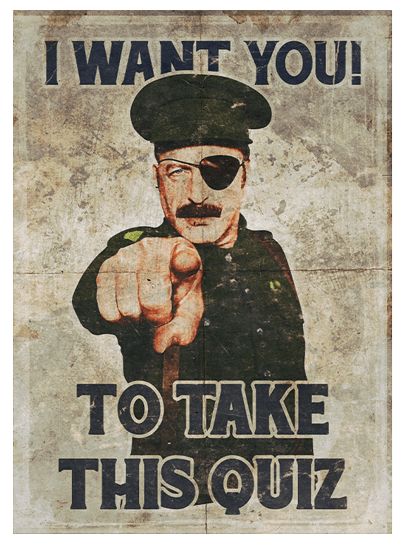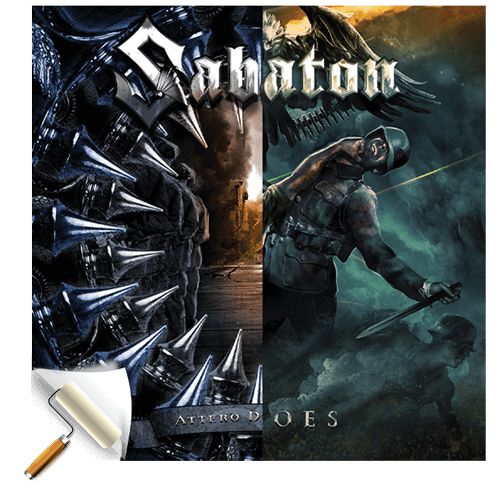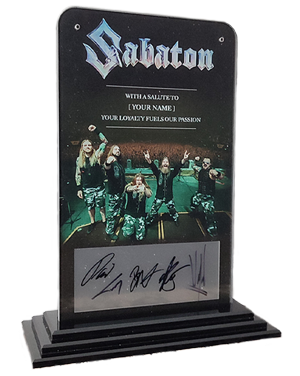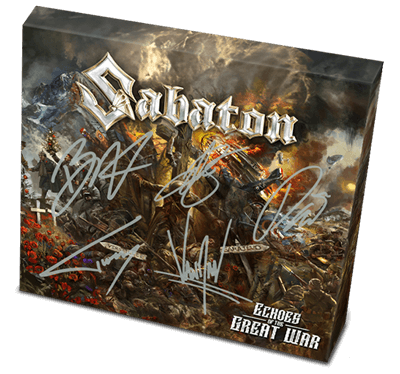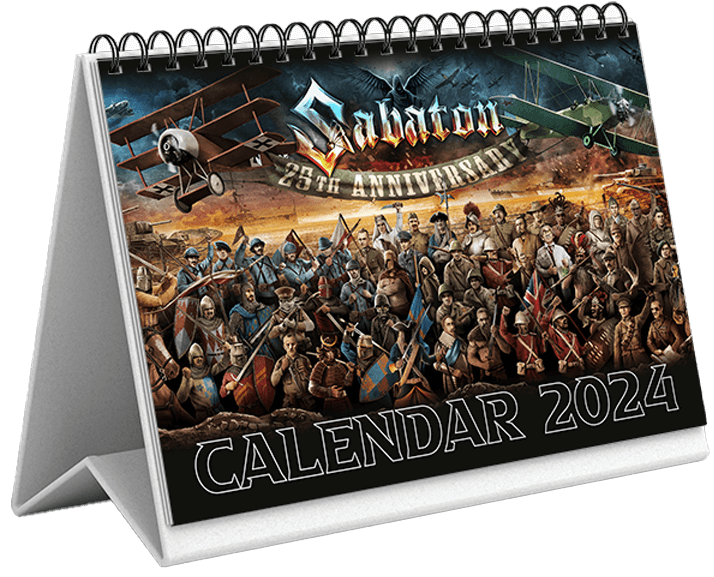The End of the War to End All Wars
H.G. Wells was a masterful storyteller and the creator of early hallmark science-fiction, such as the “Invisible Man” or “The War of the Worlds”. But during his lifetime, he was also known as a brilliant commentator on social and political issues of his era. Shortly after the outbreak of the Great War in 1914, he published a collection of essays under the title “The War that will end War”. Wells predicted that the Great War would not be another European War, and not just a campaign of battles and sieges against German or Austrian aggression. Instead, it would be a watershed moment for sovereign nations to bring the war to such a conclusion, that lasting peace would be achieved.
“This is a war that touches every man and every home in each of the combatant countries. It is a war, (…) not of soldiers but of whole peoples. And it is a war that must be fought to such a finish that every man in each of the nations engaged understands what has happened. (…) Money withdrawn from education, from social progress, from business enterprise, and art and scientific research, from every kind of happiness; life was drilled and darkened. So that the harvest of this darkness comes now almost as a relief, and it is a grim satisfaction in our discomforts, that we can at last look across the roar and torment of battlefields, to the possibility of an organised peace. For this is now a war for peace. (…) It aims straight at disarmament. It aims at a settlement that shall stop this sort of thing for ever. Every soldier who fights against Germany now is a crusader against war. This, the greatest of all wars, is not just another war – it is the last war!” – H.G. Wells – The war that will end war
Undeniably, the German Empire had been at the heart of the Great War, and not only because of its geographic location. But Wells did not see the German people as any fundamental problem, nor their culture or customs. It was their reliance on a militaristic culture and an armament industry that profited from it. In reality, it was the European continent as a whole, undermined by an era of hyper-nationalism and imperial rivalry. Inept leaders and dynasties were led astray by bellicose military establishments and competing commercial interests. They were foolishly ready and willing to pursue Clausewitz’ old maxim, that war is just the continuation of politics with other means. Centuries before, the murder of a widely disliked member of the Austrian royal family by a Serbian radical would surely not have been enough to set the world on fire. But this time it burned.
It burned from Europe to the High Seas, to East Africa, the Pacific and Mesopotamia. To the swamps of Belarus, the heights of the Dolomites, the deserts of Arabia and the oil fields of the Caucasus. Alongside Europe’s sons came soldiers from far away colonies and dominions to fight in the mud of the Western Front. Common men were sent to the highest mountains of Italy and Anatolia. Some went to soar in the air, and to stalk the depths of the sea. And all only to slaughter each other with the most primitive and the most sophisticated of weapons. And then, in November 1918, it all came seemingly to an end. 4 years and 3 months – 1,568 days of war, were suddenly over.
A human tragedy
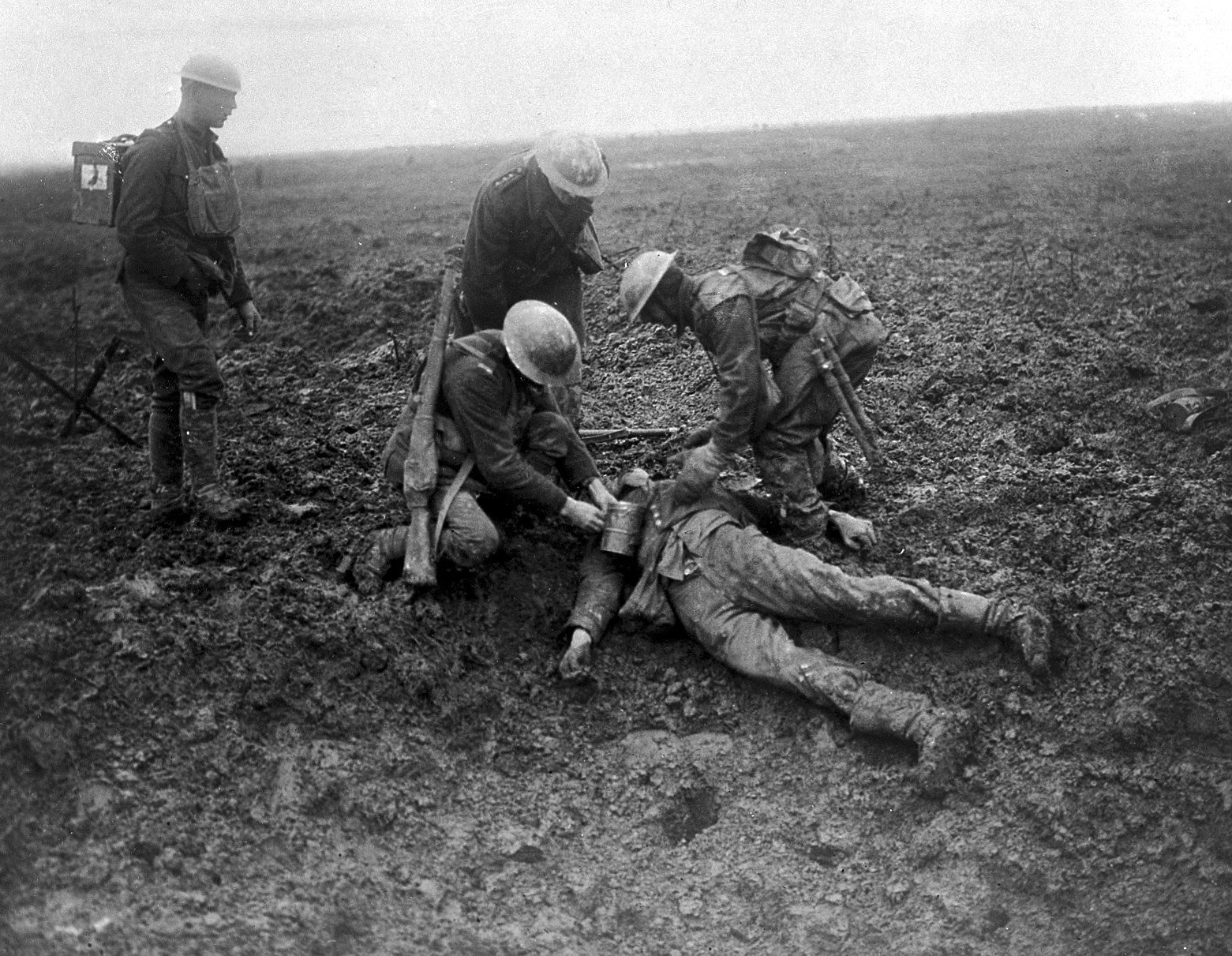
And despite the many reasons and issues for its outbreak and its continuance, the war was above all one thing: a human tragedy. For the central powers, 2 million German soldiers had been killed and more than 1 million men from Austria-Hungary. 770,000 Ottomans and 88,000 Bulgarians had died on the battlefield. On the opposite side, more than 1.1 million soldiers from the British Empire and 1.4 million in the service of France had lost their lives. Around 1.7 million Russians and 650,000 Italians had been killed, as well as 300,000 Serbians, 250,000 Romanians and 116,000 Americans.
All told, it is estimated that 9,722,000 soldiers had been killed in the service of their country. Nearly 10 million men – fathers, husbands, brothers and friends. Hundreds of thousands of them had simply disappeared; had gone into battle only to vanish in smoke and mud, never to be found again. The others, now eternally rested, many in almost endless rows.
21 million others had survived the war but were left scarred or maimed for life. Men were left without arms or legs, without eyesight or hearing, while others suffered untreatable wounds to their psyche, traumatised by what they saw and experienced. Not just soldiers, civilians as well. 1 million or even more non-combatants were killed directly by military action. Another 6 million died of disease and famine caused by the war.
What could be expected of peace?
And then, on the back of all this death and destruction, a peace had to be made. How could the nations hope to recover from this? What peace could be expected? What could be expected of peace? From the first talks about the armistice to the final discussions in the mirror-halls of Versailles, the politicians argued. Great Britain sought a resolution that was beneficial for the future of its shaken empire. France needed the colossal damage of a war fought on French soil to be repaired, and wanted guarantees that Germany could never threaten them again. Whatever the decisions would be, the defeated nations were at the mercy of the victors, facing humiliation and long lasting poverty. But even the victorious nations were left with crippling debt and lasting national traumas. A peace treaty had to be made that would somehow make up for all those damages.
But beyond all those talks about spheres of influences, of the redistribution of territory and the dismantling of empires, there was also an underlying desire for change. It was the common people who began questioning the fundamental purpose of war. People spoke of a lost generation, of lions led by donkeys, of the death of innocents. Now, with Europe freed from the curse of seeing war as a romantic adventure, could further generations not be spared from this evil?
And once more, Wells’ words about the need “to end war as a whole”, resurfaced. This time in the form of the American president Woodrow Wilson. It was often perceived that America’s entry into the war had tipped the scale. Now, both the Entente and the Central Powers looked to the American president as a beneficial mediator. Woodrow Wilson however, rejected many of the ideas of “settling the score”. The old methods of alliances, of reparations and of conquered territory, had time and time again failed to safeguard peace for the future. The risk of repeating the horrors of the Great War seemed unjustifiable to him and many others. Wilson argued that the only way to prevent such a worldwide war in the future, was to keep it from breaking out ever again. He envisioned an international system of checks and balances, culminating in an international League. The League would be represented by the mightiest nations of the earth, which were to keep watch over demilitarisation. Treaties should be put in place to regulate the amount of weapons, the size of armies and the tonnage of navies. Maybe even outlaw military aircraft as a whole. Through the League, a new arms race was to be avoided and the monetary privatisation of the armament sector would be put on a tight leash. Wilson, in many ways true to Wells’ predictions, looked at the broader picture to solve the problem.
Wilson le juste
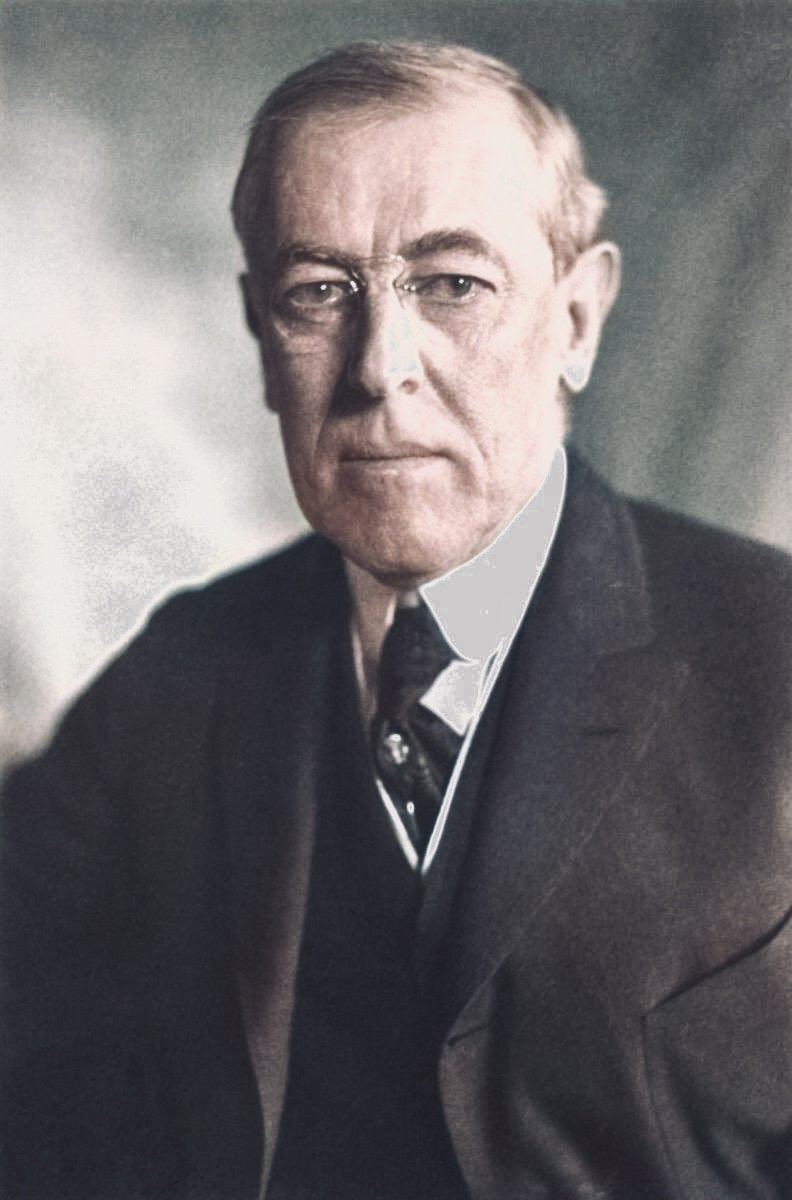
Now, Woodrow Wilson can certainly be criticised on a lot of levels. And at this point, his proposals of unhindered trade, republicanism and western dominance in the world were certainly designed to be favourable to US foreign politics. But in their desire for peace, Wilson seemingly became something of a prophet to many people. So, when he and his entourage entered Paris to take part in the peace-talks, Wilson was greeted by an ocean of people cheering for him. Crowds of hundreds of thousands of people gathered wherever Wilson’s carriage halted. It was like the entire city was on its feet, as the enthusiasm for his ideas was contagious. The crowds cheered for “Wilson le juste” (Wilson, the just). The American president was portrayed as the saviour from the New World who came to save the Old. It was foremost the young, often liberal minded people, who looked to Wilson as a man of reason and moderation. In their minds, the war had been started by the older generation that had sent them to die for selfish ambitions. Now, it frustrated them, that the same old generation was in charge of making peace. After all it would be the young generation that had to live with the consequences of any peace. The workers and socialists supported Wilson’s ideas as well, attracted by the words of the self-determination of people and a peace without annexations.
A peace, free of power politics and instead based on morals and principles sounded almost too good to be true. And it was. Empires could be dismantled, Emperors could be ousted, but Wilson’s vision to “outlaw” war, was to remain incomplete. War did not stop. On the contrary, there was already Civil War in Russia, and the Baltics soon followed. Armed Germans and Poles clashed over border disputes, as would soldiers in Romania, Hungary, Greece and Turkey, and far beyond, all over the world. Undeniably, Wilson had a vision for the future, as did Wells. And outlawing war was and is a noble thing, worthy of pursuing for the sake of mankind as a whole. But once more, the old ways prevailed. Although Wilson’s League was established, it would prove a toothless tiger. Treaties were formed and broken without consequences, and a new arms race soon gripped the world once again. Instead of peace, the feelings of resentment and irredentism resurfaced, and agitated people overthrew the unstable democratic republics. Before long, the world would embark on a new path of aggression and imperialism. And this time, they could not proclaim the same ignorance of the generation that went into the Great War, because now, people knew what war really was and to what horrors and sacrifices it would lead.
The Great War seemed to be the arch, seminal catastrophe of the 20th century. And although the Great War had ended, that century had only just begun.
The end of World War I inspired our song ‘ The End of the War to End All Wars ‘, which is featured on our album, The Great War. Take a look at the lyrics we wrote here.
If you’re interested in a more visual interpretation of the above story, watch our Sabaton History episode, The End of the War to End All Wars – The Great War:




